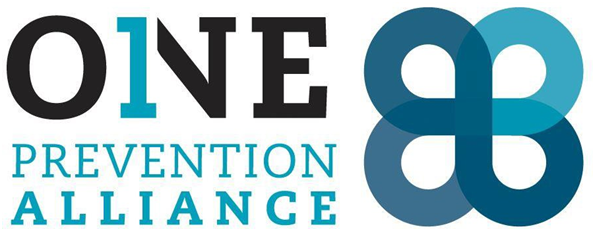
It’s time to get SMART about New Year’s goal setting
 As we head into the new year, many of us think about the things we would like to change or do differently over the next 12 months. Maybe you’re trying to move your body more, cook more meals at home, read more often, or cut down on your screen time. There are lots of reasons we want to set goals, but how do we identify them, make progress forward, and achieve them in a timely manner?
As we head into the new year, many of us think about the things we would like to change or do differently over the next 12 months. Maybe you’re trying to move your body more, cook more meals at home, read more often, or cut down on your screen time. There are lots of reasons we want to set goals, but how do we identify them, make progress forward, and achieve them in a timely manner?Fortunately, there are proven ways to create goals that set ourselves up for success. Following this straightforward and easy-to-understand format will help you to clearly identify your ideas, focus your energy, and increase your chances of meeting your goals.
SMART is an acronym you can use to guide your goal setting. To make sure your goals are clear and reachable, each one should be:
SPECIFIC
It may be tempting to say, “I will eat healthier,” but what does that really mean? Make your goal specific by including details such as, “I will eat five servings of vegetables each day,” or, “I will cut back to enjoying only one can of soda each week.”
MEASURABLE
Be sure to choose something you can measure to keep yourself on track. Setting the goal of “walking more” is too vague to ensure you’re completing it. If you change this goal to, “Walk during my lunch break three days per week,” it becomes much easier to measure your success.
ACHIEVABLE/ATTAINABLE
Think hard about your goal and don’t choose something too easy or too hard. If you are entirely new to exercise, run a marathon in 2024 may not be the most achievable goal for you, but completing a “Couch to 5k training plan might be just right! Choosing an achievable goal helps keep you stay motivated because it feels like something you can complete; if you aim too high by setting unrealistic goals and expectations, you might be discouraged from the get-go.
RELEVANT
Choosing a relevant goal is all about identifying the primary reasons you’re trying to achieve and determining a goal that will help you get there. Do you want to become healthier to be around your grandkids as they grow up? Set a goal around mobility and flexibility so you can keep up with them on the playground.
TIME-BOUND
Open-ended goals can be hard to complete because there is no clear finish line. By choosing a specific end date, you can set milestones along the way and check in with yourself on your progress. It can also be helpful to use a calendar to mark off days or track your progress in an app.
Setting goals can feel daunting but using the SMART format can help you feel more prepared and excited about making changes in your life. Be patient, stay focused on your goal and don’t get too discouraged if you get off track. Keep moving forward and you’ll be rewarded with a sense of accomplishment and a healthier you!
Written By: Anna Henschel, Community Outreach coordinator for Skyline Health and an amazing volunteer for One Prevention Alliance’s after school program, PAWS CLUB.
